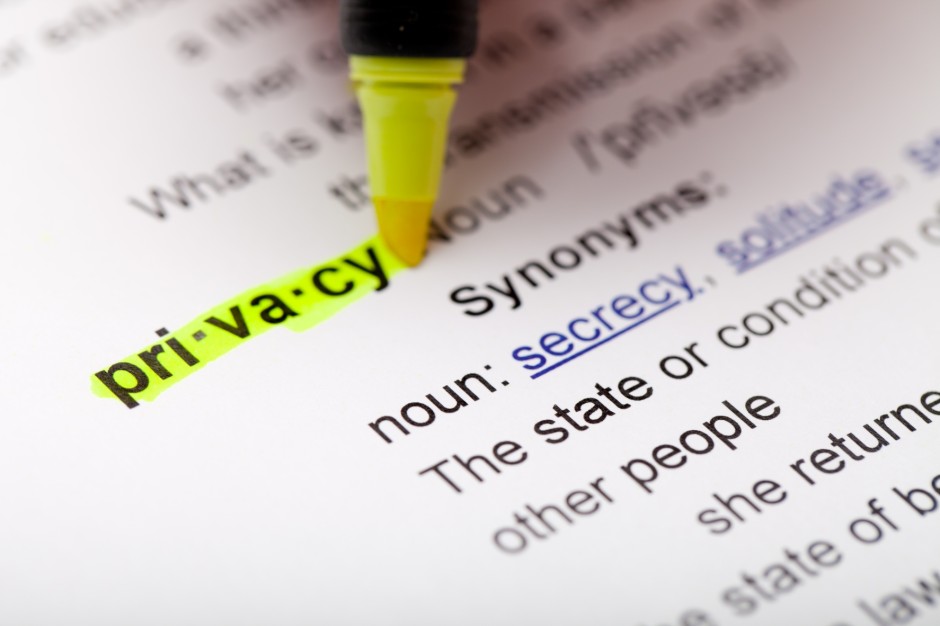Border deal between Canada and U.S. raises privacy concerns
A recently unveiled border security agreement between Canada and its neighbour to the South requires Canada to step up security measures, and share more information on Canadians with the U.S. The new border deal will take the problem of the Canadian government spying on its citizens one step further, by adding the threat of Canadians’ personal information being exported to another country. With the help of the pro-Internet community, we have been battling this kind of (un)lawful access legislation since launching our Stop Online Spying campaign. The agreement’s declared goal is to make travel and cross-border business easier, and to reverse economically damaging border tie-ups that have been growing since 9/11. However, some real dangers concerning Canadians privacy rights are lurking beneath the surface.
For one, the agreement commits the two countries to engage in more “informal information sharing”. A red flag with regard to Canadian’s privacy rights according to Canada’s Privacy Commissioner Jennifer Stoddart, who said in an emailed statement to the Huffington Post:
We most note that the mere fact that the initiatives proposed will result in unprecedented information sharing requires vigilance from a privacy standpoint.
The agreement would also institute a new system that would allow border officials to know, in real time, who is coming into and out of their countries. Similar data sharing models have been common since 9/11 between the U.S. and the European Union and have sparked huge controversy.
Maybe most frightening, Canada also agrees to change its laws to “provide the widest measure of (intelligence) cooperation possible.”
Toronto Star columnist Thomas Walkom brings to the point why Canadians should be concerned about this particular part of the agreement, citing the case of Maher Arar the Syrian-born Canadian infamously detained in 2002 and rendered to Syrian interrogators by the Bush administration:
As a royal commission later found, Arar’s troubles were caused by exactly the kind of informal and wide-ranging intelligence cooperation that the new deal envisions. At another time in history, a decision to expand information-sharing between Canada and the U.S. might not have mattered. In terms of basic civil liberties, America was our equal or better. No more. As a result of the 9/11 attacks, the U.S. has suffered a kind of psychotic break. It spies on the most mundane habits of its people, such as which library books they read.
--
To read Walkom’s column click here.


 Take action now!
Take action now!
 Sign up to be in the loop
Sign up to be in the loop
 Donate to support our work
Donate to support our work